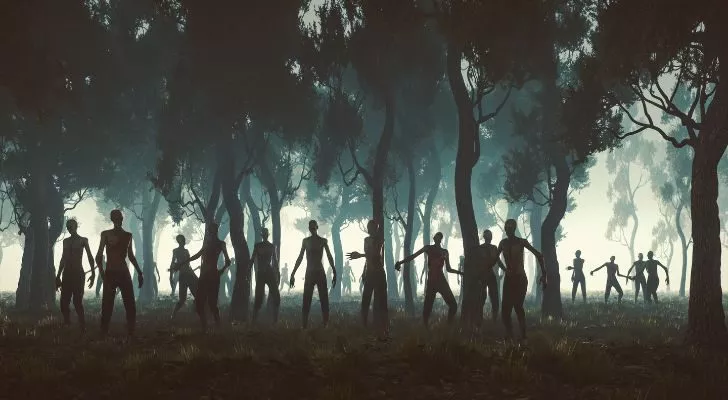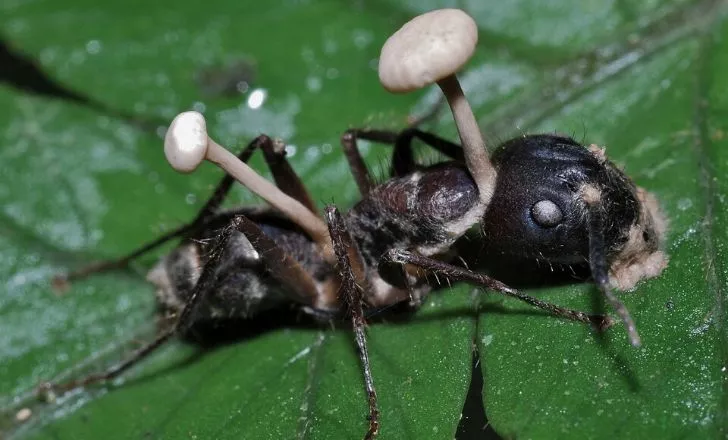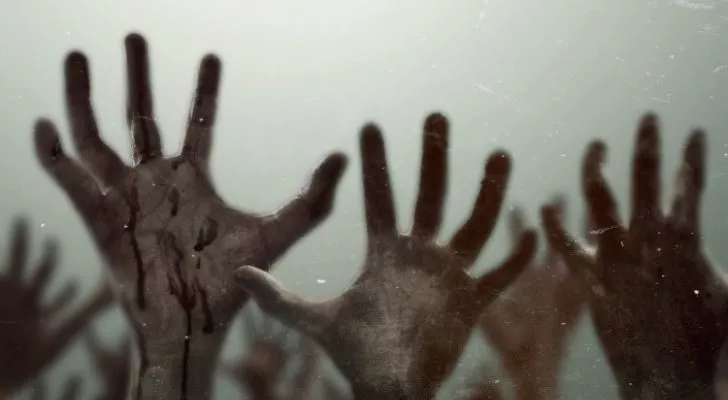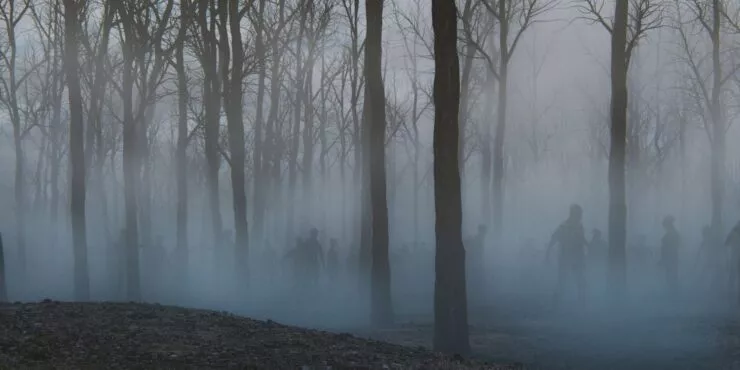We’d be lying if we hadn’t given this question serious thought before, and we’re not alone!
After watching a zombie movie or TV show, most people are plagued with thoughts on whether zombies could exist.
If you’re one of these people, then look no further, as we’ve done a deep dive for you to set the record straight!
When did people first become fascinated with the idea of zombies?

First things first, the notion of zombies hasn’t always been so popular.
In fact, it’s really only in the late 20th century that they took their place as a go-to horror trope.
While fear of the undead seems to go back to the time of the ancient Greeks (at least!), the idea of so-called zombies was birthed in Haiti in the 17th century.
At the time in Haiti, voodoo doctors mixed up concoctions that essentially paralyzed their patients and put them into a coma, making them appear dead when they were not.
There were reports of these so-called zombies “rising” from their graves days later.
We now know that this was caused by toxins found in pufferfish, but at the time, it would have been enough to put the fear of God into anybody!
Zombies are all around us. They just aren’t human.

The funny thing about zombies in nature is it’s not the zombies which are terrifying.
Instead, the creatures or organisms responsible for creating the zombies are real nightmare fuel.
Take the Ophiocordyceps fungus, for example, which takes over the minds and bodies of insects.
Within a few days of infecting its victim, the fungus has gained complete control and forces this lifeless shell to climb up to a safe, high place where the fungus can then fruit.
It then cracks through the insect’s head and releases its spores to start the process all over again.
That’s not the only case of zombies in nature, though. Some worms infect and control a host, and then there’s the extremely disturbing jewel wasp.
The jewel wasp injects neurotoxins into live cockroaches, paralyzing them for up to a week.
The wasp then shuts one of its eggs away with the zombified cockroach in a dark place.
Upon hatching, the young wasp has a full meal waiting for it.
If so-called zombies exist in nature, then can humans become zombies?

Sort of, but it depends on what you define as a zombie.
There are the cases of the Haitians who were poisoned with pufferfish toxins, for example, and acted much like zombies and “rose from the dead,” so to speak.
There are also cases where people have suffered from rare conditions that make them act similarly to how we think zombies should.
For example, Cotard’s Syndrome makes people think they are dead or decomposing, with some patients demanding to be buried as they think they smell like rotting flesh.
In other cases, patients attempted to take their life to prevent others from becoming like them.
So does this mean that zombies are biologically possible?

If you’re specifically wondering if zombies like the ones we see on TV are possible, then absolutely not.
As much as a zombie apocalypse seems like it would be a bit of fun (in a dark, twisted way), it’s just not biologically possible for a clinically dead human to rise from the grave and start mindlessly attacking people.
People are reanimated daily through CPR but don’t wake up with a sudden craving for human flesh.
If you’re just asking whether zombies of any species are possible, then even still, it’s highly debatable.
The insects infected by fungus aren’t even technically dead; they’re just being controlled to carry the fungus to a suitable location for it to spread its spores.
Even the zombification of cockroaches is only temporary, with the roaches returning to normal after a week – if a baby wasp hasn’t already sucked out their insides, that is.
So, where does this leave us? We would argue that it depends on how broadly you define zombies and how much you want them to exist.
If you want to live in a world where zombies are possible, you could certainly argue that they do, in some way or another.
If you’re of a more rational mind, however, you’ve probably come to the same conclusion: zombies, as we conventionally define them, simply do not exist.
Will zombies ever exist, though? That’s a topic for another day!












